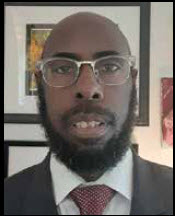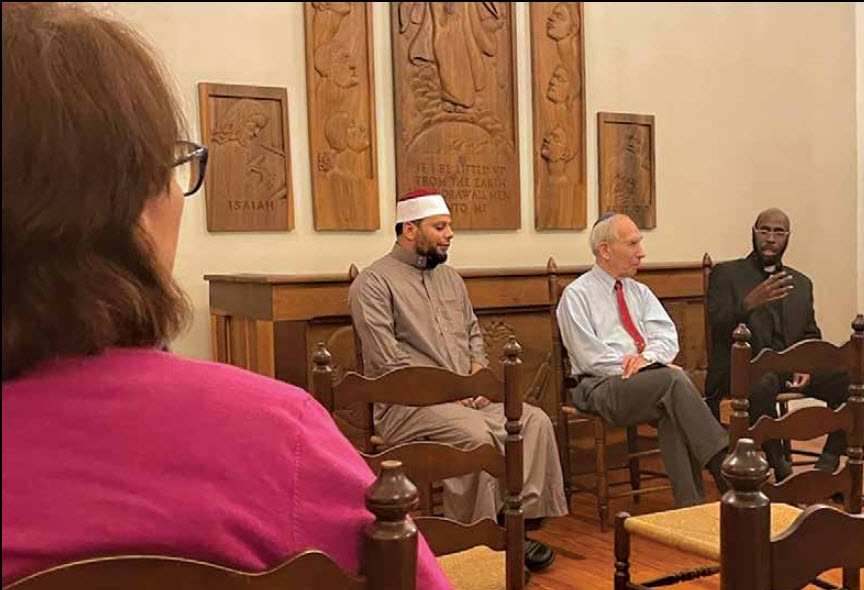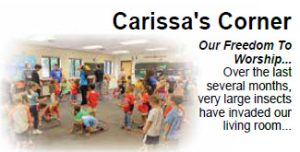 By: Eric Betts
By: Eric Betts
The annual Interfaith Panel at Athens State University Chapel hosted by the Center for Religious Studies on Thursday was a great success. Featuring representatives from Christianity, Judaism, and Islam, the interfaith event took place Nov. 10 at 6:30 p.m. at Athens State’s Founders Hall.
What is held in common across traditions is the idea of love of strangers, or what is considered the other, was the main topic. It was concluded that the most irreligious act or attitude is the refusal to hold sacred the image of the Divine in the “other.” The concept of “Do unto others what you would have them do unto you,” is one of the foundational values expressed by the panelists from the Jewish, Islamic, and Christian perspective.
Additionally, this event was important because we tend to have stereotypes of people from other cultures and religious traditions and we make assumptions based on those stereotypes. Those assumptions and stereotypes can be harmful. When you get to know someone from a different religious or cultural background on a personal level, it doesn’t eliminate stereotypes you might have entirely, but it does help to personalize the individuals of a group a bit more. Interacting with each other, communicating with each other, and attending events together is a way to help fight against stereotypes and build relationships. The interfaith event is an opportunity for the community to come together and get to know their neighbors from different religious backgrounds and cultural experiences. Imam Ragab Abdelmoneim, from the Huntsville Islamic Center and a faculty member of the University of Alabama in Huntsville was a panelist, along with Bill Goldberg from Etz Chaim Congregation in Huntsville. The present author came from the perspective of a Christian leader.
Barry Meyer of the Interfaith Mission Service in Huntsville and the congregational representative of the Etz Chayim community explains why interfaith is so valuable in today’s world. He says that as the world gets smaller, it becomes more important to work towards a beloved community. Interfaith dialogue contributes towards the success for the future. In the past, interactions between diverse cultures were rare, but due to the changing world, cyberspace, and globalism, communication increases. Such communication must be done with respect, care, understanding, and empathy. This cannot be accomplished at the highest levels without increasing awareness about what makes various religious cultures distinct and valuable.
Indeed, as the globe becomes smaller, educators, business leaders, and those in public service must educate themselves about the values, ethics, and cultural sensitivities of those outside of their own cultural bubbles. Wouldn’t you want the same for yourself if you were placed in a different context from the one in which you were born? One of the issues of concern with those in the “mainstream” of society, particularly here in the U.S., is that we are comfortable to the extent that we do not see the need to educate ourselves outside of our own cultural group. For example, let us say that you held an end-of-the-year party. What are some features you would include as far as music, food, or decorations that would include or make all attendees from various backgrounds feel welcome and included? Leaders who serve the community can no longer be satisfied with their own lived experience while showing little interest in those that they seek to serve who are from different backgrounds and orientations. The sign of a great and successful leader is one who never stops growing and learning and challenging others to do the same. It is this concept that makes this holiday season of peace, love, and goodwill a time for reflection and bridge building.
By: Eric Betts
Assistant Director, Curtis Coleman Center for Religious Studies and Ethics at Athens State University









 June 20, 2025
June 20, 2025



